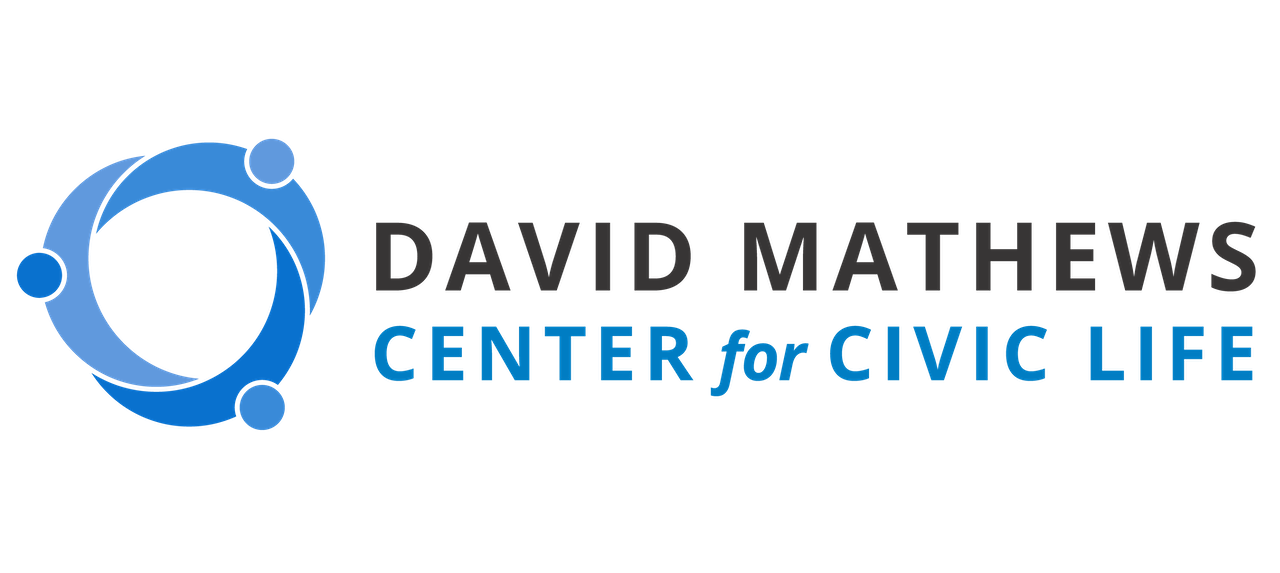DMC Civic Fellow Completes “NextGen Bama Community” Series
DMC McKenzie Civic Fellow, Lauren Lockhart, recently completed the “NextGen Bama Community” series, a program hosted by the Alabama Appleseed Center for Law & Justice. Alabama Appleseed addresses the intersection of mass incarceration and racial and economic justice through research, policy change campaigns, coalition building, and direct action, utilizing civic engagement practices to spread awareness and action across the state. Facilitated by Communications and Development Manager, Megan Cheek, these meetings aimed to gather young and young-at-heart people, who are dedicated to a better Alabama, and provide them with the information, resources, and space to work towards addressing these issues.
To start the last sessions, Appleseed staff discussed the current systems in place, such as court fees and driver’s license suspensions, that they are working to address and reform. Currently, traffic and court fines and fees hold little flexibility for past payments, leading to the automatic suspension of one’s driver’s license and more economic barriers. Community Navigator, Callie Greer, described her personal experience with traffic fines and fees, something she witnessed her daughters struggle with as well, leading them to serve time in jail to pay off the fees. You can read more about her story or watch the documentary by John Archibald and Reckon/AL.com here.
While this is an issue that Appleseed has long been working to address, continuous outreach, negotiations, and patience has led to the bipartisan support of SB154, which states people can miss one court hearing after the initial hearing where a payment plan is created or up to three payments without their license being suspended, creating a grace period for those involved. The bill now awaits the governor’s signature.
Another part of Appleseed’s mission, aside from policy and research, is direct representation, a practice they began to incorporate about two years ago. Since establishing representation, they have successfully won the release of 11 men, who were sentenced to life without parole in prison under the Habitual Felony Offender Act. One of them, Ron McKeithen, now works as the Re-entry Coordinator with Appleseed’s “Fresh Start” re-entry program services and is a very active member of his community.
A second bill created by Alabama Appleseed, HB229, passed in the House and now waits for Senate approval. This bill, a compromise version developed with Republicans on the Judiciary Committee and the attorney general’s office, would allow inmates, who are in the same circumstances that Ron was, to apply for a reduced sentence and be heard in the trial court, where their case will be reexamined. Through continued civic work and compromise, the creation and progress of these two bills shows the hope for bipartisan cooperation to create a better Alabama.
In the past, The Mathews Center and Alabama Appleseed have partnered together for other projects. At the end of 2021 and through 2022, the DMC worked with Appleseed and Auburn University Outreach to advance the Securing Identification for Individuals who are Incarcerated Project (SIIIP) and secure the distribution of proper identification for thirty-nine youth and two inmates at Shelby County Jail. Most recently, Carla Crowder, Executive Director of Alabama Appleseed, joined the DMC’s fifth Applied Democracy Exchange, “Reviving the Public Responsibility to Maintain Legitimate Legal Systems,” as a guest speaker. The Mathews Center is thankful for our partnership and continued civic work with the Alabama Appleseed Center for Law & Justice, and we look forward to more opportunities for collaboration.


